Every purchase made through our affiliate links earns us a pro-rated commission without any additional cost to you. Here are more details about our affiliate disclosure.
How Is Life In Army? Who Is An Indian Army Officer?
There are presumably quite a few of you who may have wondered what it’s like to be an Indian army officer. It’s a tough job, but it’s also very rewarding.
It’s not commonplace that you hear about the life of an Indian army officer. But, what is it like? What are the challenges they face, and what motivates them to serve their country?
After watching all the movies and serials, we are led to believe that they are either always partying, drinking the finest liquor or on the border fighting the enemies.
When you close your eyes, images of brave soldiers on the border guarding our nation most likely come to mind.

The story goes much deeper than that. Here is an in-depth look at the life of an Indian Army officer—what it entails and how it shapes who they are.
Officers in the Indian Armed Forces are individuals who have the power and authority to run and perform certain functions.
Officers in the Army have a variety of ranks under their command. Among Indian Army officers, Lieutenant is the lowest rank. Captains, Majors, Lieutenant Colonels, Colonels, and General officers are the next ranks.
Each of these designations is considered to be a leader in the Army officer’s series. It is not uncommon for a junior ranked officer Lieutenant to directly supervise 40 soldiers of other ranks.
Integrity and personal conduct are essential to an Army officer’s responsibilities. A candidate starts his/her service as a Lieutenant and progresses to the rank of Colonel, Brigadier or General officer depending upon his/her work experience and ACR.
As the land-based component of the Indian Armed Forces, the Indian Army is the most significant component of the Indian Armed Forces. With over 1.3 million soldiers, it is one of the largest standing armies in the world.
The officers in the Indian Army are some of the most highly trained and skilled individuals in India.
They undergo years of rigorous training, both mental and physical, to prepare them for the challenges they may encounter daily or at random in the line of duty.
They are expected to be able to lead their men into battle, make split-second decisions under pressure, and yet remain calm and unfazed in the face of adversity.
The Indian Army officer is also a role model for other citizens. They are forever expected to uphold the highest standards of integrity, honesty, loyalty and courage.
Just imagine yourself in a room full of people with an army officer among them. Then suddenly, an untoward incident occurs that makes you fear for your life.
Who would you look to for help…? That is the responsibility they carry with them on duty and off duty too.
Leadership is the most important characteristic of an Army officer. A military, officers have certain duties and departments that are assigned to them, which they supervise and manage according to the rules and regulations.

To put it more simply, an Army officer is akin to a manager working in a corporate but the level of challenges faced are more.
In contrast to a corporate manager an Army officer works by example and performs the same duties as he/she has been assigned to the soldier.
He has to make decisions that involve not only the risk of millions of dollars of resources, but also the risk of the lives of those who are under his direction.
Hence, an Indian Army officer is a leader with a great sense of responsibility, accurate judgement skills and the highest level of integrity and personal conduct.
A small example but a true one. You might laugh at it, but that is the level of preparedness of an officer.
There was an Adm Insp of the unit, and the mobilization practice was to start. The commander was on the round when he saw a lantern tucked in the corner. He called the captain and asked him, “What is this ‘Laltein’ (lantern) doing here in broad daylight?” The reply he got surprised even the CO of the unit. The young captain declared, “Sir, what if the Sun fails!”
An Indian Army officer is someone who puts service to their country above all else. They are selfless individuals who are always ready to make the ultimate sacrifice for the greater good.
He is also a role model for other citizens. As an Army officer, they must uphold the highest standards of integrity, honesty, and courage.
Indian Army Officer is bound by secrecy and cannot discuss regular office activities with his spouse. The details of their appointments or postings cannot be indicated on their social media accounts.
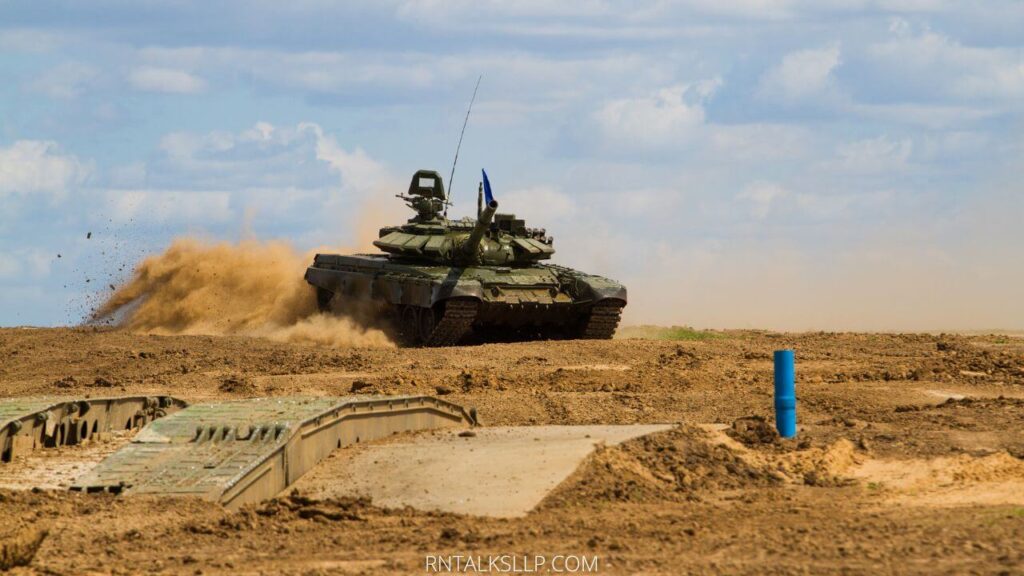
They always have to be alert, even while sleeping, to revert. They do not disclose their location even during calls made to their families.
Their main funda on which they and their family operate is, “No news is good news.” In sensitive situations, they sleep with their ammunition ready in case of an attack.
Officers have to maintain specific parameters, including weight. They must participate in sports regularly and appear in quarterly fitness tests, including running. Regular body checkups are done annually to determine an officer’s health and always keep him battle-ready.
Every aspect of an officer’s job is uncertain, including children’s education, profile, location, and even life.
It’s not only them, but their families also make sacrifices—
“My daughter was born, and my husband is poster near the border; hence no leave.
“My son turned 1 year old, and my husband was not with me as he was attending an exercise.
“It’s our first anniversary, and he’s out there somewhere in the valley.
“My kids are right in the middle of an academic session, and his posting has come… once more, the kids will leave school and their friends behind mid-session and adjust to a new school which may be bigger or small as compared to the old one.
There are so many instances like this that I can share over here, but I’ll leave that for my next article.
Diwali, Holi, and Christmas are regular occasions when these Indian Army officers may be away from home and family.
A real hero doesn’t have a name on the back of his jersey; they have stars on the shoulders and medals on the chest. Their hearts and minds are adorned with the Tricolour.
The life of an Indian Army officer is not an easy one. They have to be equipped to face any challenge, anytime, anywhere.
But, they do it without complaining because they love their country and are proud to serve it. He is someone who puts service to their country above all else.
They are selfless individuals who are always ready to make the ultimate sacrifice for the greater good.
Consider the scenario in which you are a young man or woman, and your country asks you to serve in the military.
Like it or not, you have to leave your family and friends behind and spend months or years away from home, facing the unknown and living in difficult conditions.
Every day is a new challenge. Their job is 24×365 job. No Saturday, no Sunday. Their leaves may get cancelled not once but twice if the situation demands it and if they are in a war-like condition, which is the bitter truth.
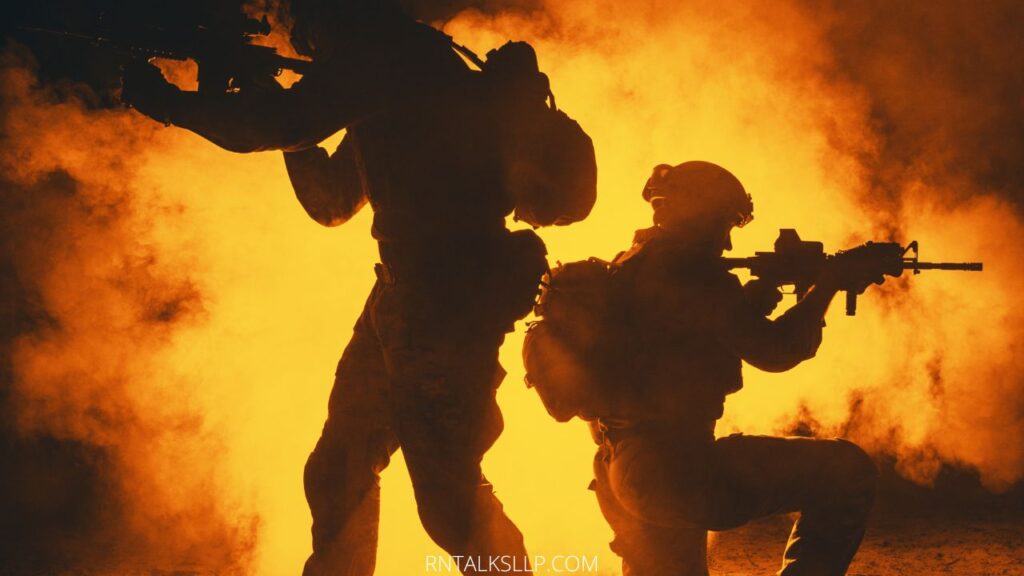
They experience life from +50 degrees in the burning desert to -50 degrees in the Siachen glacier. Their bunkers are their homes, and soldiers become family.
In the Siachen glaciers, they all live in snow huts, not knowing from where the enemy round will come.
At that height, enemy round causes less fatality than the freezing cold (causing frostbite, which may turn gangrenous if not evacuated and treated on time), blizzards and avalanches.
On talking to Col Rajiv Ghai (retd), he shared his Siachen experiences with us, where he stayed for 3 months on the Aman OP. For us preparing our meals is an easy task, but it sure was a different ball game there.
What an exercise it used to be. Due to extreme cold, everything used to freeze. Vegetables and food that had more water like tomatoes, brinjal, eggs, and chicken meat were tiresome to cook.
One day we got an entire fish. Wow, we were delighted, and we started preparing to cook. The first problem was to cut the fish. We had an ordinary knife, but it was useless since the fish was frozen. We then used the ice axe, but it made no difference. Our gaze was drawn to the fish’s open eyes. As if it were laughing at us, it made us feel uncomfortable. Then we used our snow boots to cut it into pieces, but it was of no use. Exhausted but still wanting to eat fish for dinner, we placed the fish between the door and banged the door to break it into smaller pieces (refined carving of the fish had flown out with the snow). The result was the same. Disgusted…we then boiled some water in the cooker and put the fish head down in the boiling water for some time. Then, after 10 minutes, we reversed it and inserted the fish’s lower body (tail part) into the boiling water… Eureka, after half an hour, we were finally able to cut the fish. It was then pressure-cooked. It took eight whistles to get cooked. Can you imagine eating fish cooked this way?
This was still ok. One day we got mutton in the ration. We were all delighted. Straightaway, we put it in the cooker with condiments and waited for twenty whistles. The mutton was still raw. We then sat down patiently for another twenty whistles of the pressure cooker. On opening the lid, we saw that it was still undercooked. We added a glass of water and gave ten whistles more. It was still a little raw, but we had got utterly disgusted by then. Everyone sat down to eat it. Raw or cooked suddenly did not matter anymore. All in all, after 50 whistles, the meat still needed more time to be cooked!
There was no worse experience in the Siachen glacier than this… There was very little tinned/canned stuff available in Siachen in 1992. Only tinned keema was available. One day it was snowing, which was common in winters. Suddenly I heard the rumbling of clouds. I felt strange; then, it just stuck with me…OMG, this must be an avalanche! I rushed outside and saw heavy loads of snow falling at a very high speed along the slope 500 meters from me. In a flash, it had covered around 1 km and had wiped out all that came in its way. For the first time, I had seen an avalanche in real life. But much of this excitement was dulled when we realised that all supplies and communication also went along with the avalanche. We were left with no food and rations, so we had to survive on chapattis and expired cans of Keema. The expiry of which had lapsed 4 years ago and had been left by the parties that had come up before us.
This is the life of an Indian army officer. Serving one’s country is an important responsibility, and these officers make many sacrifices to do so.
Later as we progress, we will also hear from some veteran officers about why they chose this career path and what they enjoy most about their job.
Irrespective of whether you are a family member of the military community or not, this post will inspire and fascinate you. So read on!
The much hyped about (in media) subsidised facilities like housing, canteen and few other facilities are provided to officers at subsidised rates all come at a high cost of martyrdom, loss of limb, staying away from your family, not knowing how your wife is coping alone, not getting to see your children grow up and/or missing out on their childhood.
Not being able to serve your parents in their old age as you have to serve the country, and then suddenly one fine day you get a signal they are gone.
He mourns his loss and returns to doing what he does the best… Keeping the country safe despite all the red-tapism you are surrounded with.
The life of an Indian Army officer is not an easy one. They have to be equipped to take on any challenge, anytime, anywhere. But, these men in olive green do it because they love their country and are proud to serve it.
The selection process for becoming an Indian Army officer is very competitive. Only the best of the best are chosen to serve.
The training is also very rigorous. It takes a lot of grit, determination, dedication, sweat, sacrifice and hard work to become an Indian Army officer.
Army officers must make many sacrifices, personal and professional, to serve their country.
Some of these officers may not be able to return home at all for months or even years, living in difficult conditions.
They also risk their lives every day in the line of duty. But, they do it because they believe in what they are doing. They know that their sacrifices will help to keep their country safe.
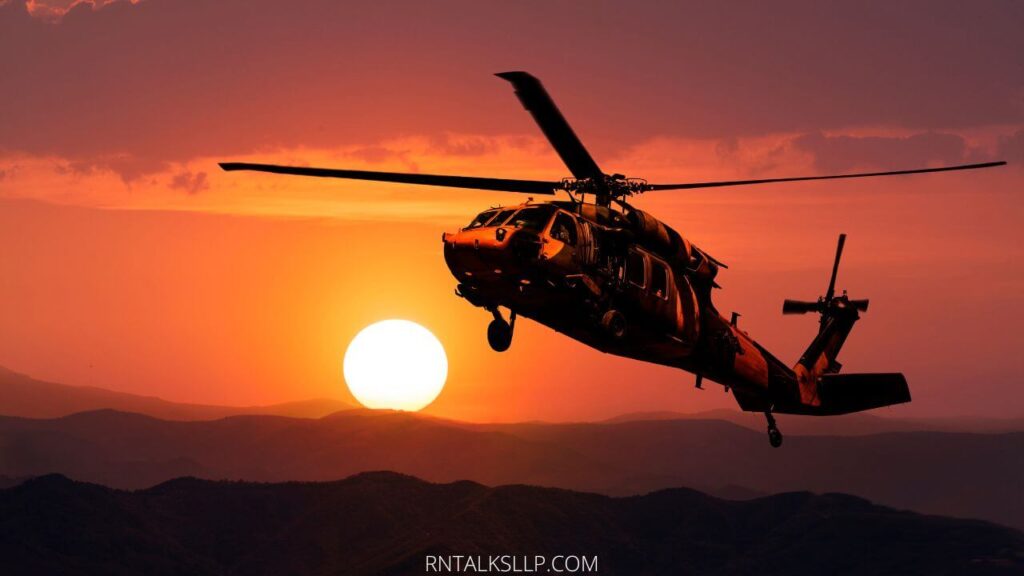
They do have their share of gatherings that help them unwind and get ready for another day. Generally speaking, Army gatherings can be classified as formal or casual.
A formal gathering would consist of the dining ins and outs (welcome and farewell to officers), raising days, formal dinners, breakfasts, etc. Festival celebrations, dinner parties, and other casual gatherings are examples of casual gatherings.
Even though being an army officer is not always easy, most officers would not have it any other way.
They love their job because they are able to help and serve their country in a unique way. They also get to work with some of the world’s most dedicated and talented people.
Army officers are proud of what they do, and they would not trade it for anything else.
An Indian Army officer has many different roles and responsibilities. They may be asked to lead their men into battle or to provide support during a natural disaster.
They may also be responsible for ensuring and overseeing new soldiers’ training or planning military operations. No matter what their role is, they always put the safety of their men and women first.
If you are in special forces, then life is much bout training, mental and physical exercise and pushing to the absolute limit.
The ops are definitely tough, and the administration is much strict. So I guess life cannot be explained as how it is because, for defence personnel, it is their usual way of living, but to the outside (civilian) world, it all seems new and extraordinary.
When these officers come home, their friends and relatives ask them how life is. Many of them don’t know how to explain it to them except by saying, ‘it’s fine.’
For the outside world, it is how you survive and face the enemy. For an army officer, it is professionalism and doing their duty, it’s a daily activity and they cannot express it in words.
In many cases, officers must work long hours under tight deadlines, often on weekends and holidays.
Additionally, they sometimes have to contend with inadequate or lacking clerical support, making it challenging to meet deadlines for preparing varied submissions and reports.
In times of chaos, riots, or natural disasters around the state, the Indian Army is often required to help the administration services in times of chaos or riots. Officers face both physical discomforts and mental stress in the course of their duties.
The role of the Indian Army has changed a lot over the years. In the past, the army was only used for combat operations.
But now, the army is also used for peacekeeping missions, disaster relief efforts, and other humanitarian tasks. India’s Army is now regarded as one of the world’s most respected and worthy militaries.
Serving in the Indian Army is a great honor. It is a privilege and honor to serve one’s country in such a noble way.
The officers in the Indian Army are some of the most dedicated and patriotic people in India. Their pride lies in being a part of this prestigious organization, and they will always strive to make it better.
Inputs Of Veteran Army Officers

Brig Vinod Dutta, Veteran
I come from a family that holds the Limca book record for sending the maximum number of defence officers. Josh, Junoon and Jazba drove me to join Army. Right from childhood, I wanted to join the army as that was our family’s way of life and tradition. Having led Troops at the age of 20 years in operations and fought Kargil war on the orders of my dad, who was a General in the army, the Nam, Namak and Nishan made me do wonders in the army. Having my dad as my commanding officer was a singular honour. Army taught me that Luck nahi Lagan is needed, Kismet nahi Kitabon ko follow Kiya. And it is rightly said… it’s the soldier who savours the Planet. Jai Hind!

Lt General Ashok Vasudeva (R)
PVSM, AVSM, VSM
Being an Army brat, it was axiomatic that one joins the Army – a Spartan life in which one grew up. I got commissioned in The Regiment of Artillery and learnt early that sincere hard work pays. I played hard and worked hard, excelling in several fields. What stood out was my tenure as Director General of Military Training, where one could, with the Blessings of then Chief Of The Army Staff, implement Mission Olympics, which has been instrumental in India getting Glory in the Field of Sports. My wife Neena was a very important part of this 40 years of Army life. I would love to re-live this beautiful journey. Glory and Izzat to the Indian Army.Jai Hind

Col Rajiv Ghai (R)
My paternal grandfather was Col in the Army during pre-Independence, and my father was an airforce officer. So, it is natural that I was motivated by the same spirit. I started training at the Officers Training Academy (OTA), Chennai. The first five months were challenging as we had to cope with the strict regimen and discipline as the army was moulding raw graduates into tough soldiers. The motto naam namak and nishaan got engraved in our blood and soul. Superior quality of life, adventure, challenges like Siachen Glacier, desert camps, serving the country, specialised weapon training, and, not to forget, good pay were all the factors that kept motivating me to give the best. Jai Hind.

Capt Dr Hemangini Nath (War Veteran)
I joined the Army Medical Corps in 1967. Those days girls didn’t join the army. After the Indo-Pakistani War of 1965, an army general came to our medical college, and I got so inspired by listening to his lecture that I enrolled myself. It was in 1971 that the 2nd Indo-Pakistani War started, and I found myself being tested to my limits. I remember travelling to DBN and Wagah border amidst all the firing and the bombs that were dropped to take care of the families that were stuck/living there. Even though I didn’t take up a permanent commission due to the different postings of my husband Late Col Dr J K Nath, a war veteran. ( was also an officer in the army), the training and the discipline ingrained in me helped me evolve into a woman of substance.
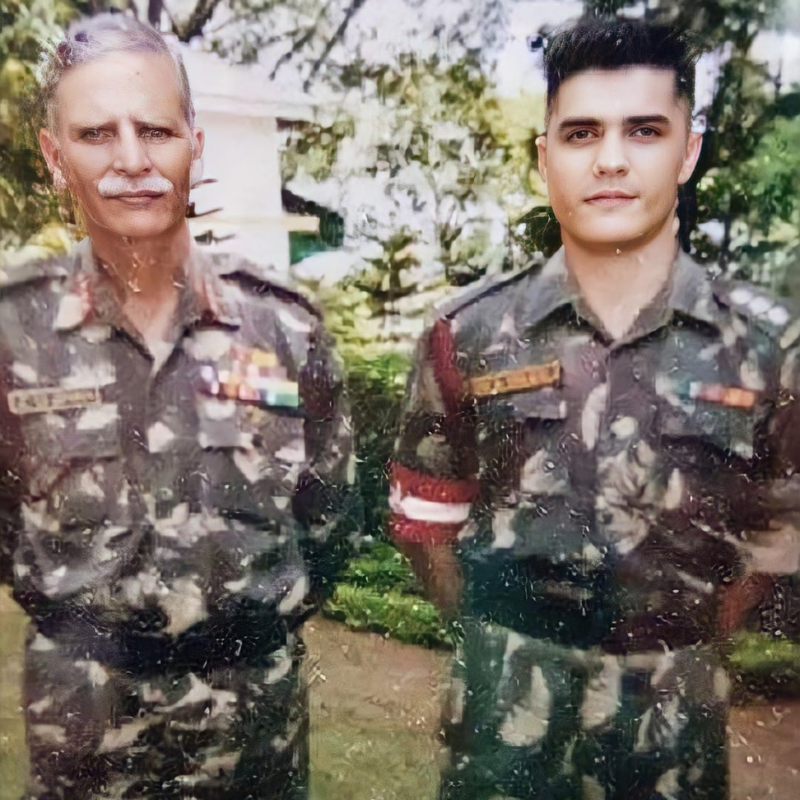
Maj Mohd Ali Shah
Veteran/Actor/TEDx Speaker
My family has been soldiering for the last 200 years! My father, Lt Gen ZameerUddin Shah, who retired as the Deputy Chief of Armed Forces, deeply inspired me to join the Army as a child. As a young Lieutenant, I joined the Army’s Short Service Commission to train as a commando and was posted at the Indo-Pak border at the LOC. In addition to serving as ADC to GOC 3 Corps in the North East, I received a commendation card for my meritorious service to the nation. In 2008, I fulfilled my longstanding dream to lead a contingent at the RD Parade by leading the Assam Rifles Marching Contingent saluting the President of India! This memory still gives me goosebumps!
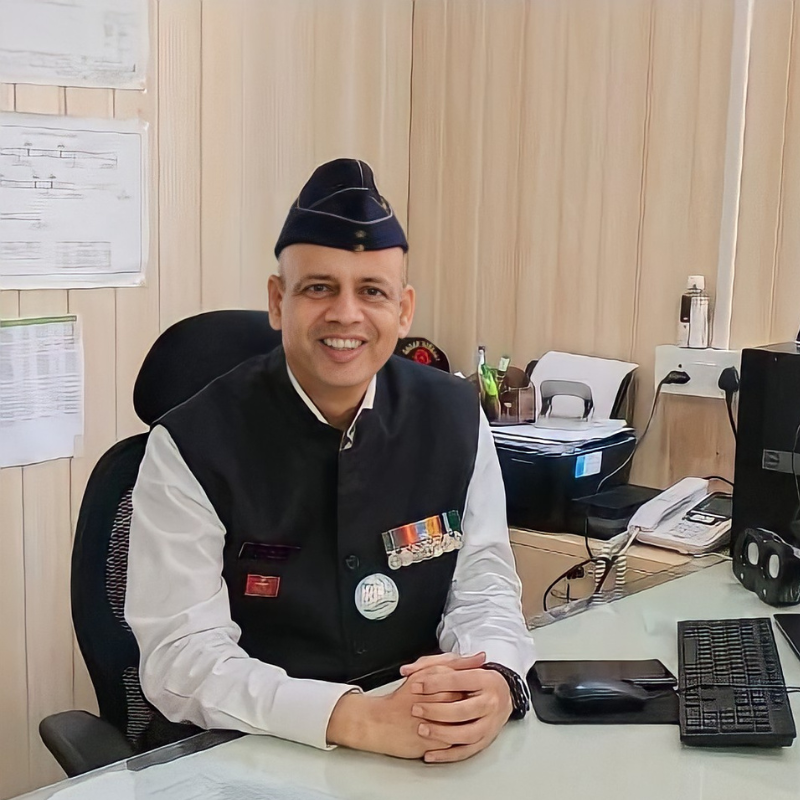
Col Y S Chauhan (R)
The allure of adventure, the charm of donning a glamourous uniform and the idea of protecting one’s country are all it takes to attract any young man to Army. However, the Army offers all the above and much more. It is one of the most exciting and challenging workplaces, with a wide range of roles and responsibilities.
As an Army officer, you will be expected to lead your men into battle and inspire them to victory. You will also need to be able to think on your feet and make quick decisions to survive in the heat of battle.
A challenging and disciplined army life keeps its officers mentally and physically fit and morally straight. One only feels nothing but gratitude for the Indian Army when one leaves, serving for many glorious years.
You Might Like To Read Other Essays
- Don’t Just Break The Glass Ceiling Shatter It: A Woman’s Perspective
- Indian Army Day Celebration Significance
- Armed Forces Flag Day and Significance
- Raise Your Voice Break The Bias
- International Women’s Day: Break The Bias
- Colours Of Holi | The Legend of Radha-Krishna
- Swachh Bharat Abhiyan: Why We Should Practise It Daily
- Essay On Freedom Fighter Subhash Chandra Bose
- The Life of an Army Personnel: What It’s Like to Serve Your Country
- Are You Displaying Masculine Or Feminine Energy In Your Relationship-Quiz

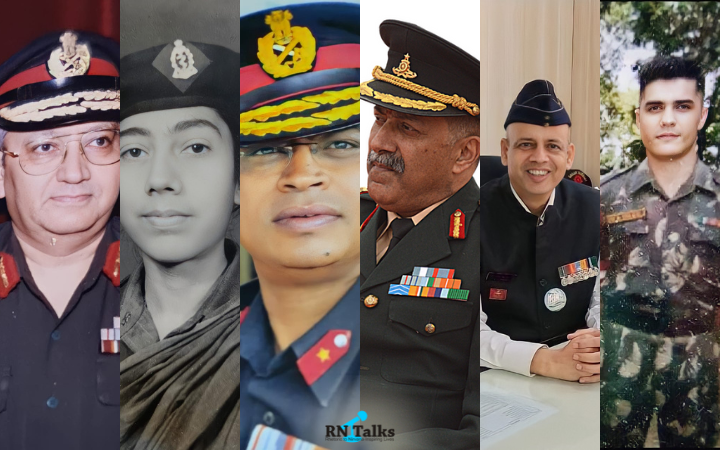






आपका ब्लॉग बहुत ही फायदेमंद है,
आप ऐसे ही ब्लॉग लिखते रहिए,
अगर आपको इंश्योरेंस के बारे मै जानकारी चाहिए तो आप मेरे ब्लॉग पर आ सकते हैं।
Good Content
Keep it up
For Insurance Please Visit